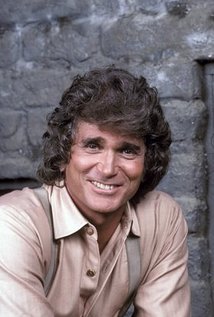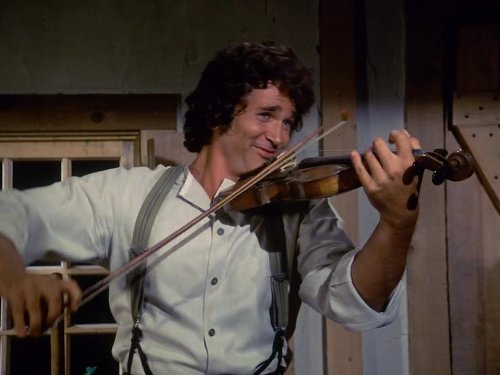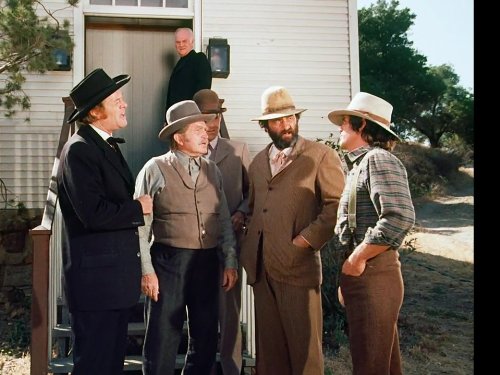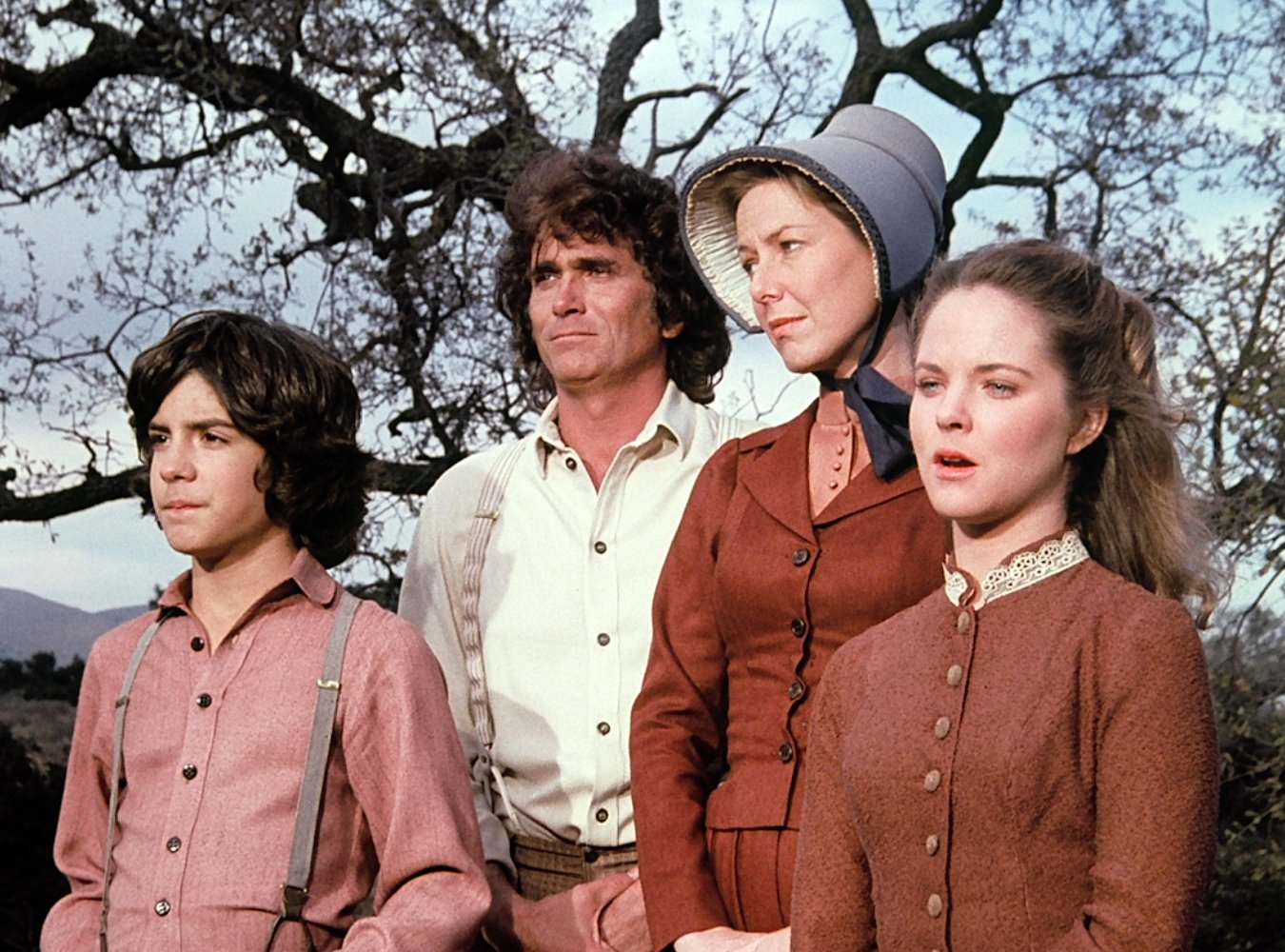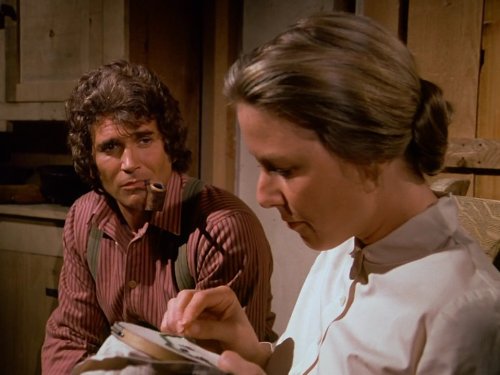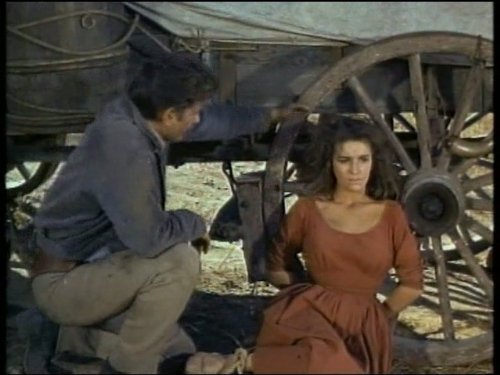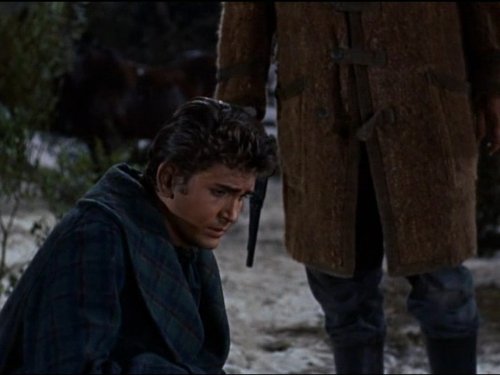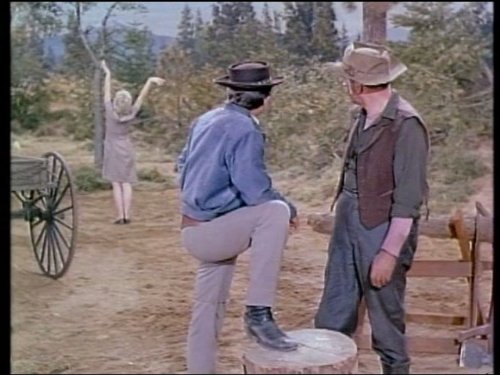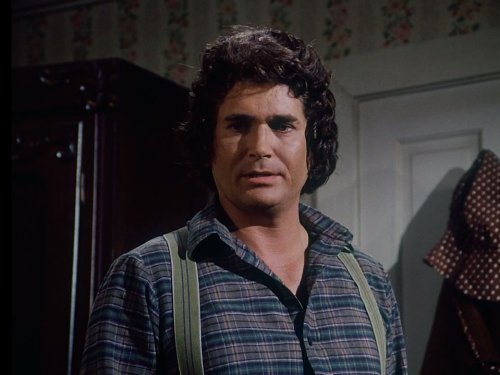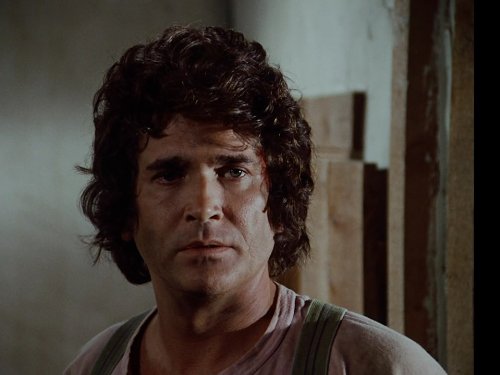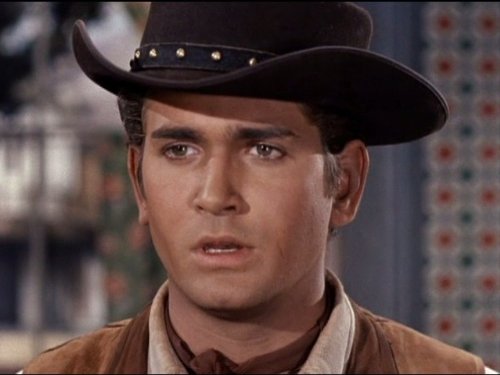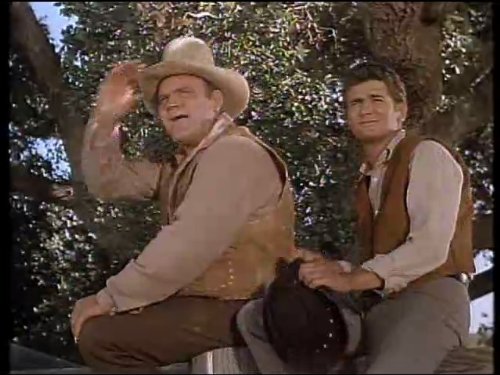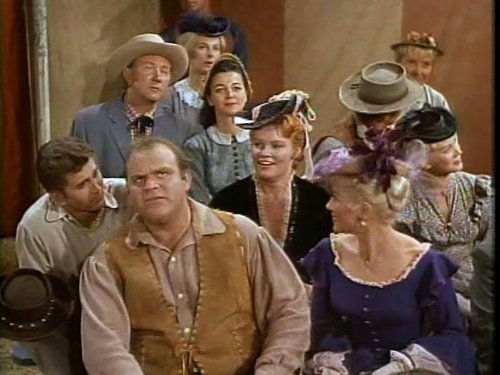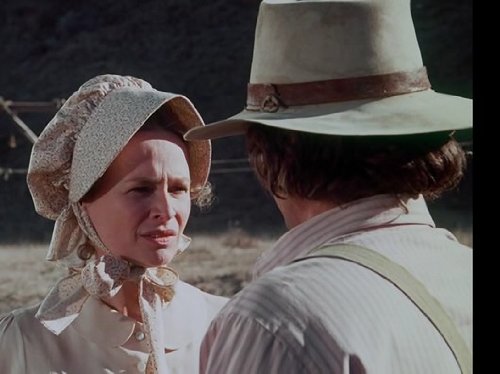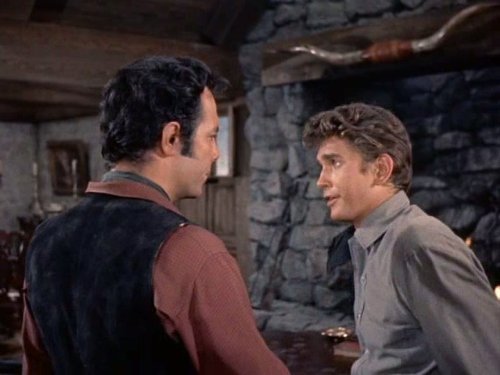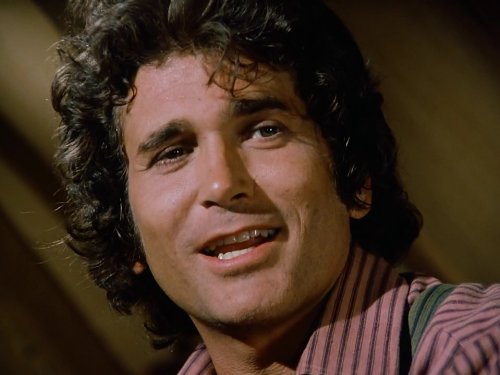Michael Landon was born Eugene Maurice Orowitz, on Saturday, October 31st, 1936, in Forest Hills, Queens, New York. In 1941, he and his family moved to Collingswood, New Jersey.When Eugene was in high school, he participated -- and did very well -- in track and field, especially javelin throwing, and his athletic skills earned him a scholarship to ...
Show more »
Michael Landon was born Eugene Maurice Orowitz, on Saturday, October 31st, 1936, in Forest Hills, Queens, New York. In 1941, he and his family moved to Collingswood, New Jersey.When Eugene was in high school, he participated -- and did very well -- in track and field, especially javelin throwing, and his athletic skills earned him a scholarship to USC. However, an accident injured his arm, ending his athletic career -- and his term at USC -- and he worked a number of odd jobs and small roles to make ends meet and decided that acting was for him. However, he thought that his real name was not a suitable one for an aspiring actor, and so "Michael Landon" was born.Two of his first big roles were as Tony Rivers in I Was a Teenage Werewolf (1957) and as Tom Dooley in the western The Legend of Tom Dooley (1959). That same year he was approached by producer David Dortort to star in a pilot called The Restless Gun (1957), which was renamed when the series was picked up to Bonanza (1959). Landon played Little Joe Cartwright, the youngest of the three Cartwright brothers, a cocky and somewhat rebellious youth nevertheless had a way with the ladies. For 14 years, Landon became the heart and soul of the show, endearing himself to both younger and older viewers, and he became a household name during the 1960s and 1970s.In 1968, after almost ten years of playing Little Joe, he wanted an opportunity to direct and write some episodes of the show. After the season finale in 1972, Dan Blocker, who played his older brother Hoss and was also a close friend, died from a blood clot in his lung, after gall bladder surgery, but Michael decided to go back to work, revisiting his own character in a two-part episode called "Forever."Bonanza (1959) was finally canceled in early 1973, after 14 years and 430 episodes. Michael didn't have to wait long until he landed another successful role that most TV audiences of the 1970s would thoroughly enjoy, his second TV western, for NBC, Little House on the Prairie (1974). That show was based on a popular book written by Laura Ingalls Wilder, and he played enduring patriarch and farmer Charles Ingalls. Unlike Bonanza (1959), where he was mostly just a "hired gun," on this show he served as the producer, writer, director, and executive producer. By the end of its eighth season in 1982, Landon decided to step down from his role on "Little House" as he saw his TV children grown up and moved out of their father's house, and a year later, the show was canceled. After 14 years on Bonanza (1959) and 8 years on Little House on the Prairie (1974), it was about time to focus on something else, and once again, he didn't have to wait too long before Highway to Heaven (1984) came along. Unlike the western shows that he did for 23 years, this NBC fantasy/drama show focused on Jonathan Smith, an angel whose job was to save peoples' lives and work for God, his boss. Victor French played ex-cop Mark Gordon, who turned down a fortune but had redeemed himself by meeting Jonathan.By the end of the fifth season in 1989, French was diagnosed with lung cancer and died in June of that same year. Landon was devastated by the loss and pulled the plug on Highway to Heaven (1984). In early 1991, after 35 years of working on NBC, he was axed by the network, so he moved to CBS to star in the pilot of a two-hour movie, Us (1991), in which he played Jeff Hayes, a man freed from prison by new evidence after 18 years wrongfully spent inside. This was going to be another one of Landon's shows but, in April 1991, he was diagnosed with pancreatic cancer. He later appeared on The Tonight Show Starring Johnny Carson (1962) to talk about his battle with the disease, and many people in the audience were affected by the courage and energy he showed. Unfortunately, he was already terminally ill by that time, and on Monday, July 1st, 1991, after a three-month battle, he finally succumbed to the disease. His family, his colleagues, and his children were all by his side. His life-time: Saturday, October 31st, 1936 to Monday, July 1st, 1991, was 19,966 days, equaling 2,852 weeks & 2 days.
Show less «

